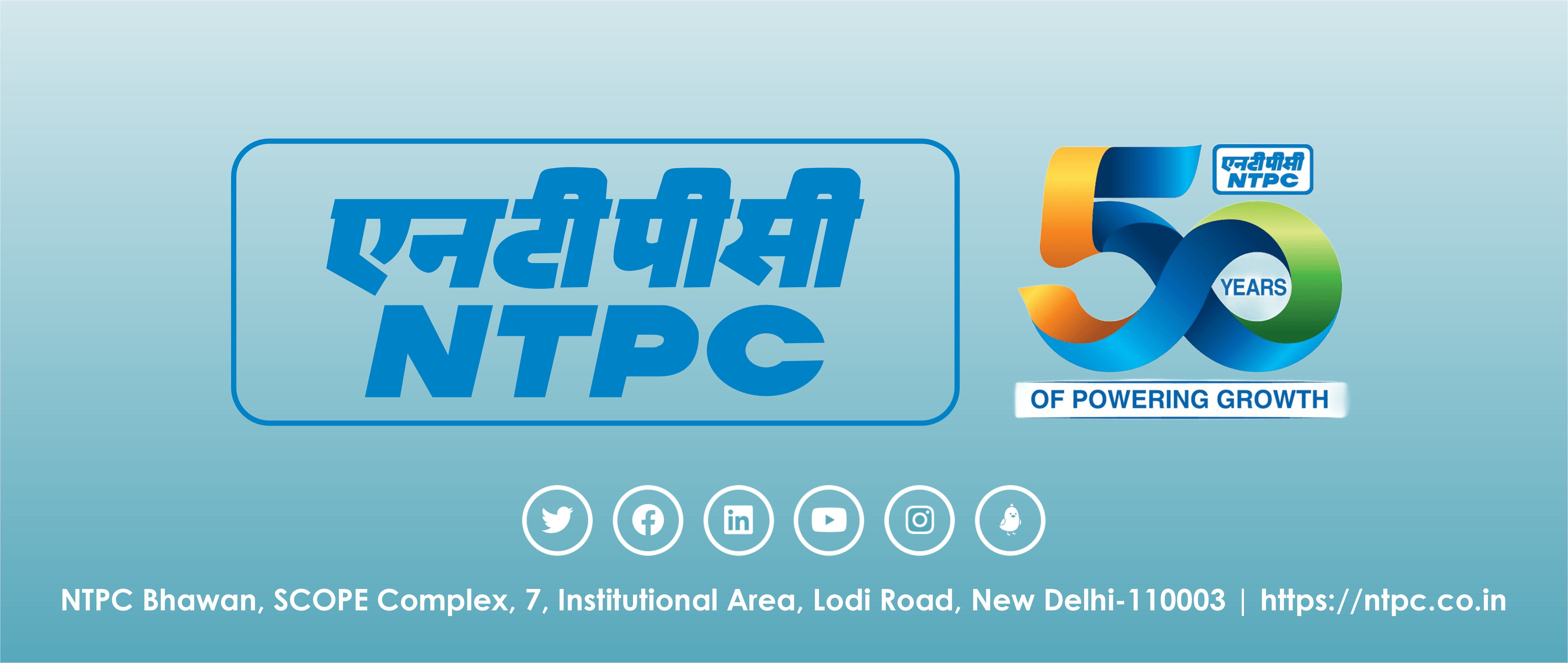TO RECIEVE EXCLUSIVE POSTS AND NEWS
India's police have a habit of hitting the headlines for the wrong reason all the time. Without going into hoary past, one may recall the unfortunate deeds of Arunachal Pradesh civil administration versus the army in Bomdila on November 2, 2018. A somewhat similar incident, in different garb, recently marked the civil administration-military relationship. On May 28, Assam's Border Police, which is officered by IPS officers, arrested and detained as a foreigner Mohammad Sanaullah, a decorated Subedar Major and Kargil war veteran who retired as an Honorary Captain in August 2017. The travesty is that it is the very wing of the State police that had recruited the ex-serviceman as an assistant sub-inspector to detect non- citizens. Of course, Sanaullah has been released since under a court order. And his honor may be restored, though he may carry the pain till he is alive. But serious questions have arisen about the state police administration and its political leadership. In the case of Sanaullah, it's clear that the local police and its leadership didn't apply their mind before taking the most senseless decision. Whether the decision was triggered by normal jealousy or partisan sectarian consideration is unimportant. The deed has given life to urban anti-India, bloody-thirsty, self-seeking rascals whose criticism of the world's largest legitimate exercise by a state to differentiate between infiltrators and genuine citizens has got a new lease of life and a new cover for subversion. In recent years, what used to be infrequent is becoming common: the confrontation between the police and the services. Maybe because the PM, media, the film industry, and the general public are seen glorifying military services and so it might have triggered a sense of inferiority complex among the civilian officers ; maybe because IPS and IAS officers don't remain off limit even in forward and cantonment areas and tend to act as overlord; maybe because the civil administration is drugged about its excessive sense of self-importance. There could be any number of reason, not least important is the quality of intercourse between civil and military officers in sensitive forward areas. It is generally seen that most difficult disputes could be amicably resolved by decent and courteous interaction. Which means mutual respect. It's time IAS and IPS academies renew the British-era courses and taught their alumni how to interact with services personnel. In this context, it may be pertinent to recall what happened at Bomdila on November 2, 2018. According to the records of Indianmandarins as well as a number of newspapers, on that fateful day, two soldiers from the 2nd Arunachal Scouts Battalion (an Indian Army unit) were arrested and badly thrashed by Arunachal Pradesh police. The police alleged that the soldiers were involved in an altercation with civilians and local police, and the army alleged that the soldiers were arrested without cause. The fact of the matter is, though, that after their release, the soldiers were hospitalized at the Tengah Air Base hospital with serious injuries. The following day on November 3, 2 ASB commanding officer Colonel Firdosh P. Dubash informed West Kameng district Superintendent of Police Raja Banthia that the beating and humiliation of his soldiers had angered his troops. and that he would not tolerate further harassment of his battalion. Later, Deputy Commissioner Sonal Swaroop and Superintendent of Police (AGMUT cadre) Banthia, violating service norms, released an edited video without the context of Dubash's warning the police. Immediately, the IAS Association and over 4,000 Indian Police Service (IPS) officers tweeted and retweeted the accusations, demanding that the government take action against Dubash. The association tweet war was escalated by a letter from IAS Association president Rakesh Srivastava to Defence Secretary Sanjay Mitra, urging the secretary to take measures against 2 ASB. Srivastava accused the army unit of assault and vandalizing public property. This full-fledged assault by the 'most powerful union' (words of JP the legend) prompted former Chief of Army Staff Ved Malik and Vice Chief of Army Staff Vijay Oberoi criticize the accusations and involvement of the IAS and IPS in running down 2ASB and its CO. In this case, the government's approach was simple. It followed the footsteps of former PM P V Narasimha Rao who once famously said that not taking a decision is a decision itself. Soon the issue died down till... It's back to life again in the arrest and detention of Subedar Major Mohammad Sanaullah. The issue calls for redefining Nehru-era civil-military relationship -that is absolutely devoid of mutual respect because, among other factors, military officers and soldiers find themselves at lower ranks versus their civilian counterparts. The official order of precedence may be calling this time for its rationalization and harmonization to restore the balance between the civil-military equation. (By Mukul Kumar Shukla)
Readers' Choice
V Anbukumar appointed as Karnataka’s new Chief Electoral Officer Just now
Kerala: Minhaj Alam appointed Principal Secretary, Forest & Wildlife Just now
Haryana IAS may be forcibly retired for her long absence from duty 23 hours ago
Bihar Chief Secretary may get service extension 07 Jul 2025
Rajasthan Govt recommends halting pension of IAS officer in wheat scam case 07 Jul 2025
A story of humiliating disorder
By IndianMandarins - 2019-06-10 09:13:06

India's police have a habit of hitting the headlines for the wrong reason all the time. Without going into hoary past, one may recall the unfortunate deeds of Arunachal Pradesh civil administration versus the army in Bomdila on November 2, 2018.
A somewhat similar incident, in different garb, recently marked the civil administration-military relationship.
On May 28, Assam's Border Police, which is officered by IPS officers, arrested and detained as a foreigner Mohammad Sanaullah, a decorated Subedar Major and Kargil war veteran who retired as an Honorary Captain in August 2017. The travesty is that it is the very wing of the State police that had recruited the ex-serviceman as an assistant sub-inspector to detect non- citizens.
Of course, Sanaullah has been released since under a court order. And his honor may be restored, though he may carry the pain till he is alive.
But serious questions have arisen about the state police administration and its political leadership. In the case of Sanaullah, it's clear that the local police and its leadership didn't apply their mind before taking the most senseless decision. Whether the decision was triggered by normal jealousy or partisan sectarian consideration is unimportant. The deed has given life to urban anti-India, bloody-thirsty, self-seeking rascals whose criticism of the world's largest legitimate exercise by a state to differentiate between infiltrators and genuine citizens has got a new lease of life and a new cover for subversion.
In recent years, what used to be infrequent is becoming common: the confrontation between the police and the services. Maybe because the PM, media, the film industry, and the general public are seen glorifying military services and so it might have triggered a sense of inferiority complex among the civilian officers ; maybe because IPS and IAS officers don't remain off limit even in forward and cantonment areas and tend to act as overlord; maybe because the civil administration is drugged about its excessive sense of self-importance. There could be any number of reason, not least important is the quality of intercourse between civil and military officers in sensitive forward areas. It is generally seen that most difficult disputes could be amicably resolved by decent and courteous interaction. Which means mutual respect. It's time IAS and IPS academies renew the British-era courses and taught their alumni how to interact with services personnel.
In this context, it may be pertinent to recall what happened at Bomdila on November 2, 2018.
According to the records of Indianmandarins as well as a number of newspapers, on that fateful day, two soldiers from the 2nd Arunachal Scouts Battalion (an Indian Army unit) were arrested and badly thrashed by Arunachal Pradesh police. The police alleged that the soldiers were involved in an altercation with civilians and local police, and the army alleged that the soldiers were arrested without cause.
The fact of the matter is, though, that after their release, the soldiers were hospitalized at the Tengah Air Base hospital with serious injuries.
The following day on November 3, 2 ASB commanding officer Colonel Firdosh P. Dubash informed West Kameng district Superintendent of Police Raja Banthia that the beating and humiliation of his soldiers had angered his troops. and that he would not tolerate further harassment of his battalion.
Later, Deputy Commissioner Sonal Swaroop and Superintendent of Police (AGMUT cadre) Banthia, violating service norms, released an edited video without the context of Dubash's warning the police. Immediately, the IAS Association and over 4,000 Indian Police Service (IPS) officers tweeted and retweeted the accusations, demanding that the government take action against Dubash. The association tweet war was escalated by a letter from IAS Association president Rakesh Srivastava to Defence Secretary Sanjay Mitra, urging the secretary to take measures against 2 ASB. Srivastava accused the army unit of assault and vandalizing public property.
This full-fledged assault by the 'most powerful union' (words of JP the legend) prompted former Chief of Army Staff Ved Malik and Vice Chief of Army Staff Vijay Oberoi criticize the accusations and involvement of the IAS and IPS in running down 2ASB and its CO.
In this case, the government's approach was simple. It followed the footsteps of former PM P V Narasimha Rao who once famously said that not taking a decision is a decision itself. Soon the issue died down till...
It's back to life again in the arrest and detention of Subedar Major Mohammad Sanaullah.
The issue calls for redefining Nehru-era civil-military relationship -that is absolutely devoid of mutual respect because, among other factors, military officers and soldiers find themselves at lower ranks versus their civilian counterparts. The official order of precedence may be calling this time for its rationalization and harmonization to restore the balance between the civil-military equation.
(By Mukul Kumar Shukla)























